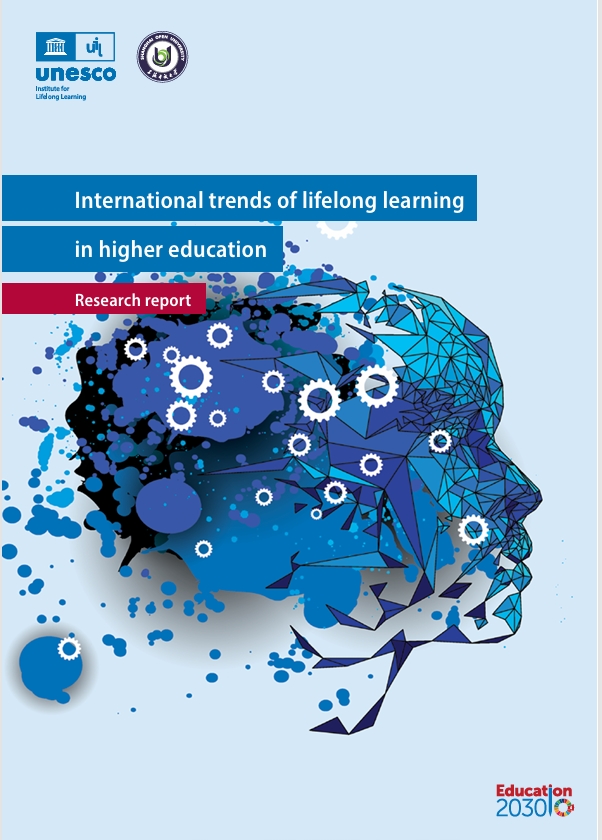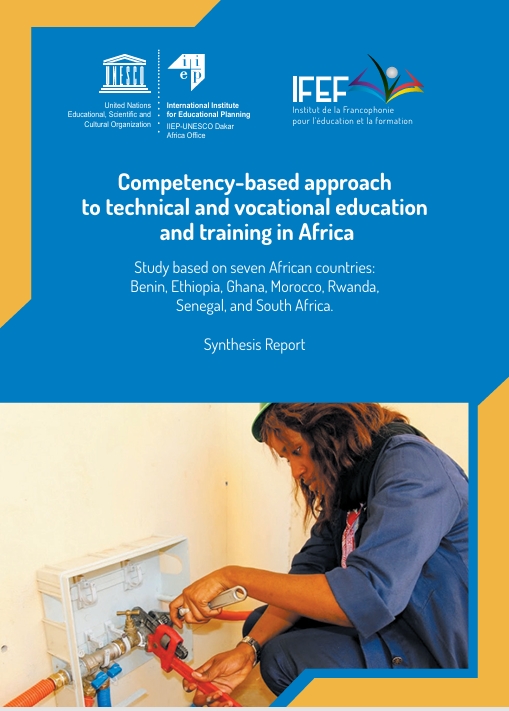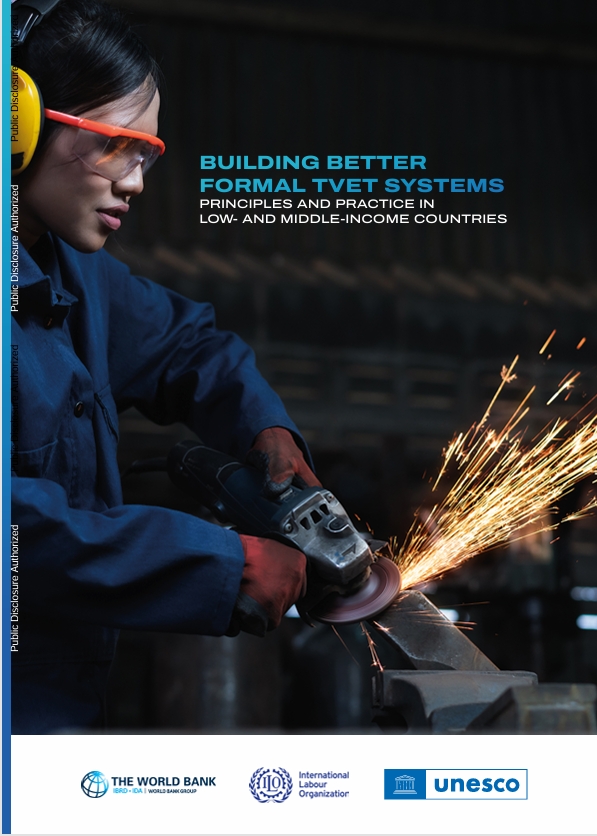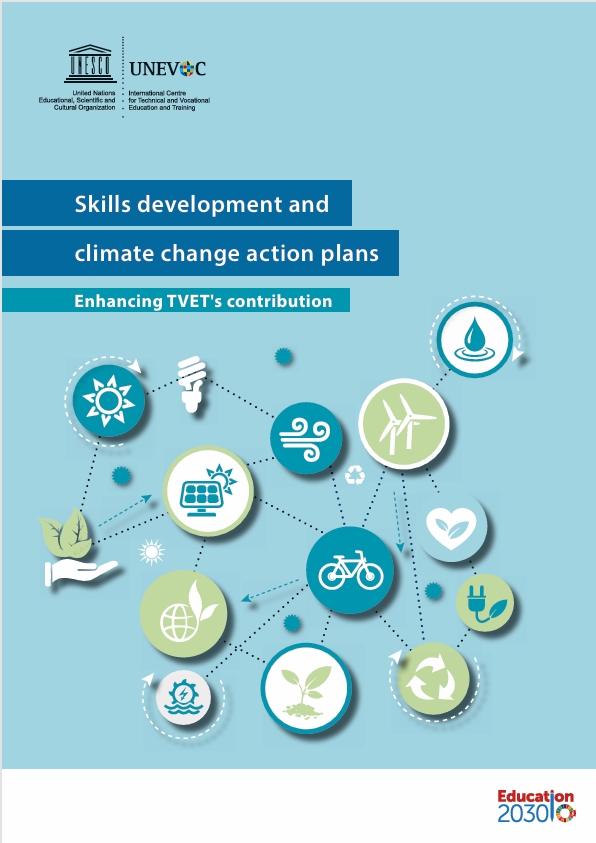Summary
The research report, International Trends of Lifelong Learning in Higher Education, provides a comprehensive overview of the development of lifelong learning (LLL) in the higher education sector worldwide. It examines how higher education institutions (HEIs) have contributed to LLL and shows the levels of advancement in different areas of implementation. The report is based on the results of an international survey conducted in 2020, which was led by the UNESCO Institute for Lifelong Learning (UIL) in cooperation with the International Association of Universities (IAU) and Shanghai Open University (SOU).
Valid responses to the survey were submitted by 399 institutions from 96 countries in all regions of the world. The report considers three main aspects of lifelong learning institutionalization in higher education: supportive policy environments to promote LLL in higher education, institutional governance and implementation, and how and to what extent HEIs are widening access through diversification and flexibility.
Key Findings
Policy Environments
Institutional Governance and Implementation






